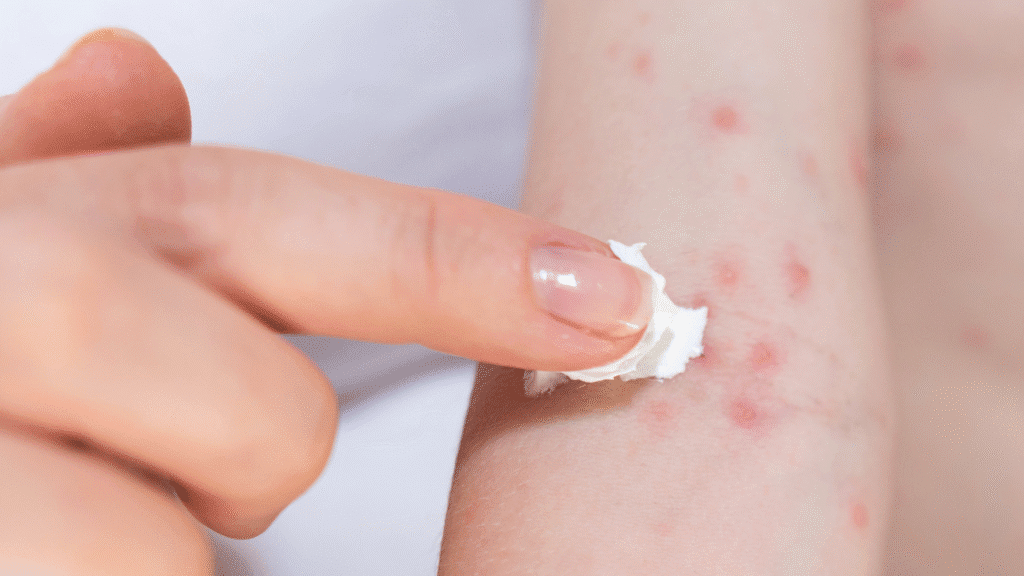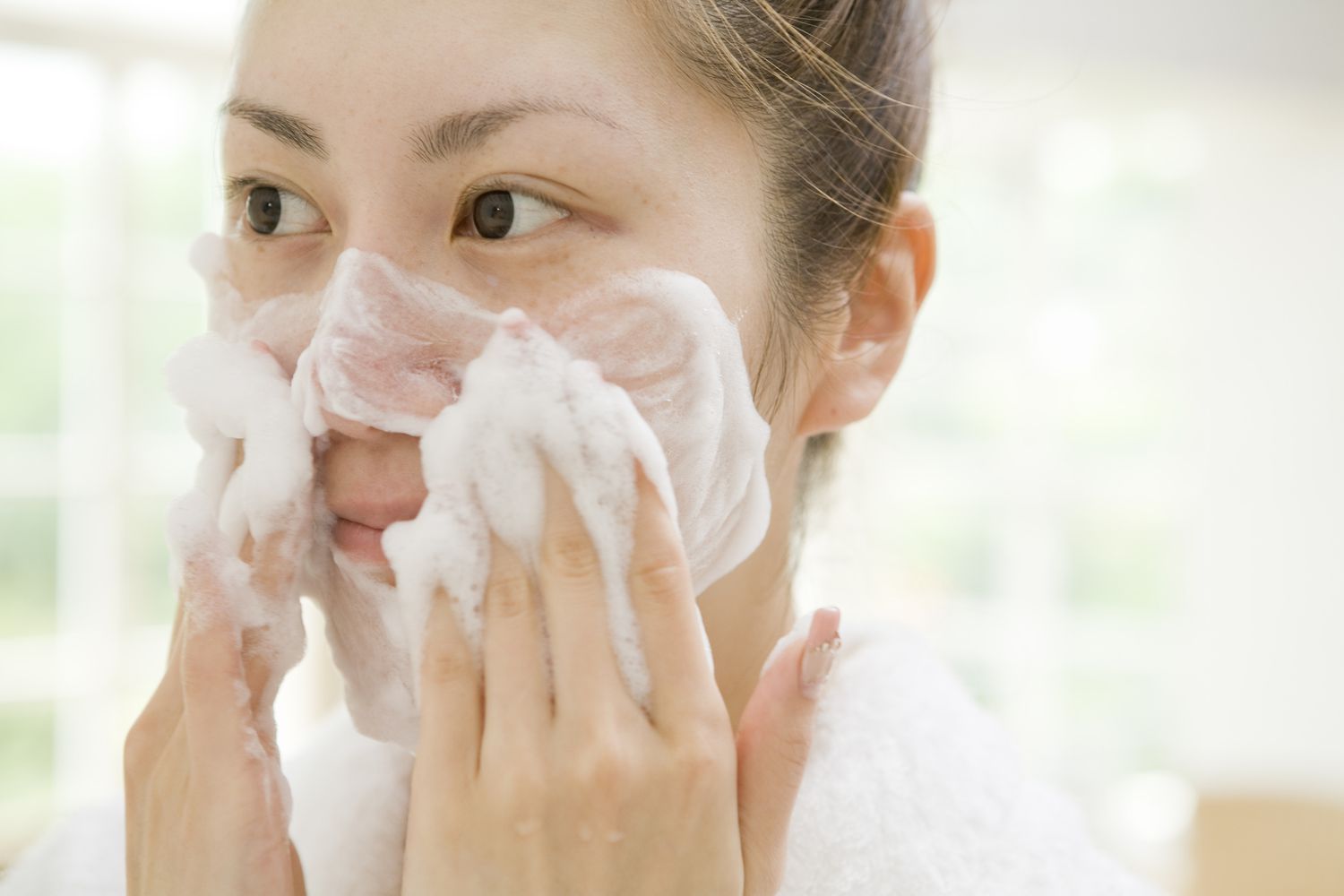Your skin is often the first place allergies show their effects. From itching and redness to long-term discomfort, allergy-triggered skin conditions can interfere with your daily life. we recognize the importance of specialized skincare to manage these symptoms effectively. Below, we explore common allergy-related skin conditions and share practical skincare solutions to help you manage them.
Common Skin Conditions Caused by Allergies
Many people live with skin problems caused by allergic reactions. These are some of the most frequently encountered conditions:
Eczema (Atopic Dermatitis)
Eczema causes dry, red, and itchy patches on the skin. It often flares up in response to allergens such as pollen, pet dander, or certain foods. During flare-ups, the skin may crack or ooze fluid. Learn more about eczema triggers and treatments on the NHS website.
Contact Dermatitis
This occurs when the skin comes into direct contact with an allergen. Metals, fragrances, and chemicals in cosmetics or soaps can cause itchy rashes, blisters, and a burning sensation. Preventing exposure is key to managing this condition.
Hives (Urticaria)
Hives are raised welts on the skin, typically red and itchy. Common triggers include foods, medications, insect bites, or environmental allergens. When pressed, the center of the welt may turn white. To learn more, visit the American Academy of Dermatology’s urticaria guide.
Effective Skincare Tips for Allergy-Triggered Skin
Managing allergic skin reactions involves both avoidance and treatment. Start by identifying and avoiding your personal triggers, and follow these skincare tips:
1. Choose Fragrance-Free and Hypoallergenic Products
Fragrances are a common irritant. Use products labeled “fragrance-free” and “hypoallergenic” to reduce the chance of reactions. For product recommendations, explore SkinSafe, a database of allergy-friendly products.
2. Use Gentle Cleansers

Avoid harsh soaps that can strip away natural oils. Instead, choose mild, soap-free cleansers specifically designed for sensitive skin.
3. Moisturize Regularly with Emollients
Hydration is essential. Use emollients generously to soothe dryness and protect the skin barrier, especially after bathing.
4. Apply Topical Steroids Carefully
During flare-ups, topical corticosteroids such as hydrocortisone may be prescribed to reduce redness and inflammation. Always follow your doctor’s advice when using these treatments.
5. Consider Antihistamine Creams

These can relieve itching caused by mild allergic reactions. Ask your pharmacist if they are suitable for your symptoms.
6. Use Calming Ingredients
Products with aloe vera, chamomile, or calendula can soothe irritation. For example, check out WebMD’s guide to soothing natural remedies for more ideas.
7. Apply Sunscreen for Sensitive Skin

Sun exposure can worsen allergic skin. Use a broad-spectrum SPF formulated for sensitive skin to protect against UV damage.
Expert Advice Is Just a Visit Away
If you’re struggling with skin allergies, don’t hesitate to seek help. Our pharmacists can help you find products that support skin health while avoiding potential irritants.
Also Read : Understanding Scalp Psoriasis: Causes, Symptoms, and Treatments



